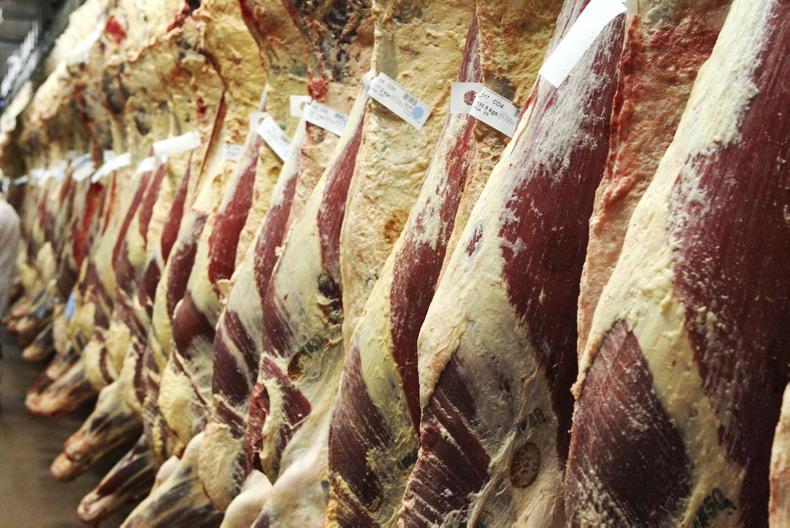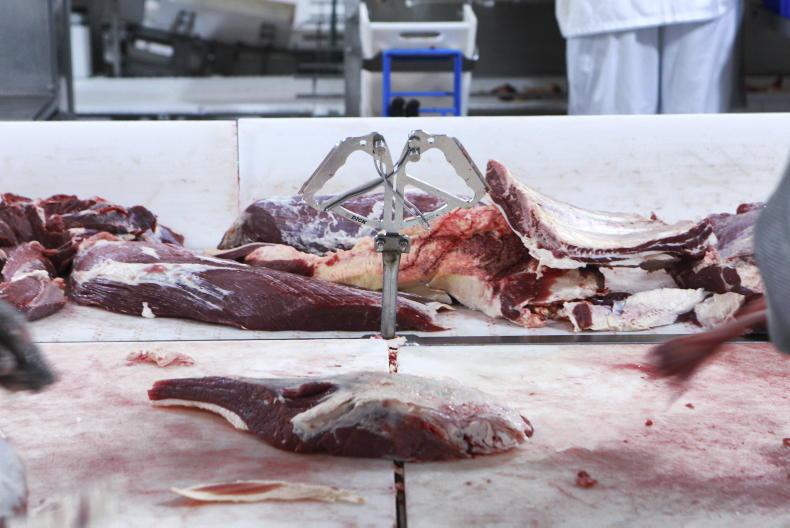Dawn Meats has been ordered to pay one of its former employees compensation worth €10,000 along with six weeks’ pay amounting to €2,566 after the Workplace Relations Commission (WRC) found that the worker was unfairly dismissed from his role at the company’s Grannagh plant in 2020.
The meat factory worker, Aeron James, had been dismissed by Dawn Meats on the grounds of gross misconduct on 7 May 2020 after an internal disciplinary procedure found him to have breached his employer’s trust and confidence.
Dawn Meats alleged that its confidence had been fundamentally breached after Mr James had allegedly worked on his private farm holding when off work on certified sick leave after sustaining an injury loading cattle into a pen at the meat plant.
Mr James claimed that the tasks he had been carrying out on the farm were menial and not labour-intensive, also saying that as the farm had no employees, he had no option other than tending to his stock.
‘Surveillance’
Mr James had been photographed “carrying out farm chores” by a private investigator 20 days after the workplace injury, with Dawn Meats alleging that the tasks were “more strenuous and labour-intensive than the type of work that he was required to carry out in his role” at the factory.
He also said that 60 of these photographs, which were taken without his consent, had been shown to him as part of the company’s investigation and disciplinary proceedings.
Dawn Meats said that it was Mr James’s agreement to sell hay to the factory for feeding in the lairage three days after the incident that had aroused the company’s suspicions of him working on his farm when off work on sick leave.
Mr James stated that while he had delivered the hay to the factory on this occasion, he had neither loaded nor unloaded it.
Internal investigations
The WRC found that a number of “procedural shortcomings and irregularities” had occurred over Dawn Meats’ investigation and disciplinary process.
It was also found that Dawn Meats’ operations manager had made the decision to hire the private investigator prior to the commencement of the disciplinary process to carry out the covert surveillance into the company’s suspicions.
SIPTU representatives welcomed the finding, saying that the case highlights the privacy rights of employees.
“This case clearly indicates the right that workers have to privacy in relation to their employer and that it is essential that disciplinary investigations are conducted with the upmost respect to the principles of independence and impartiality,” said SIPTU’s WRC advocate Rachel Hartery after the findings.









SHARING OPTIONS